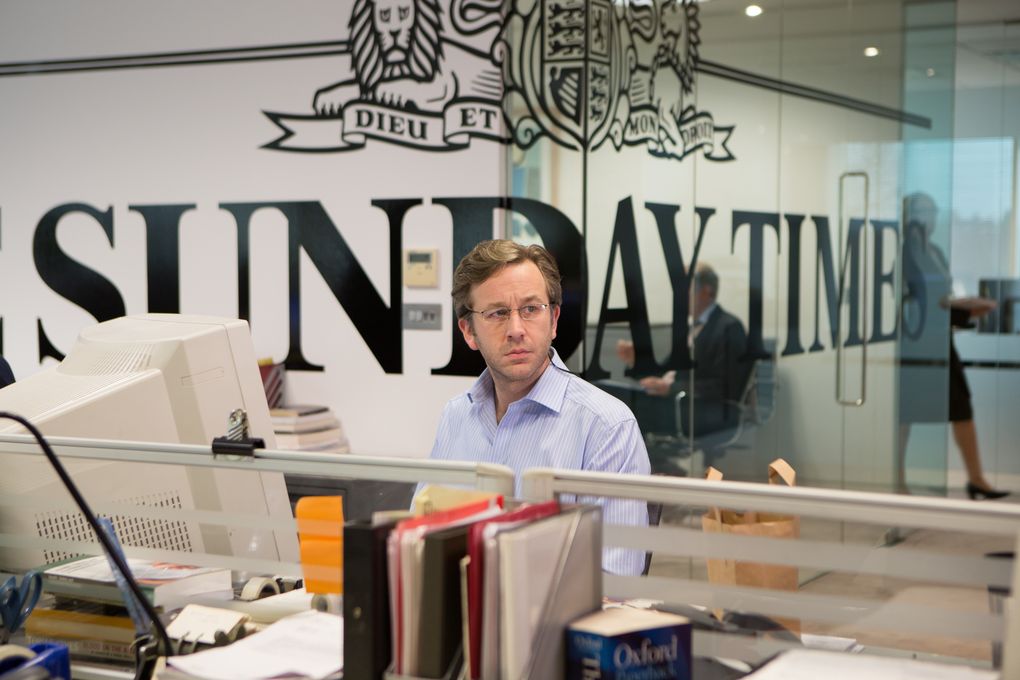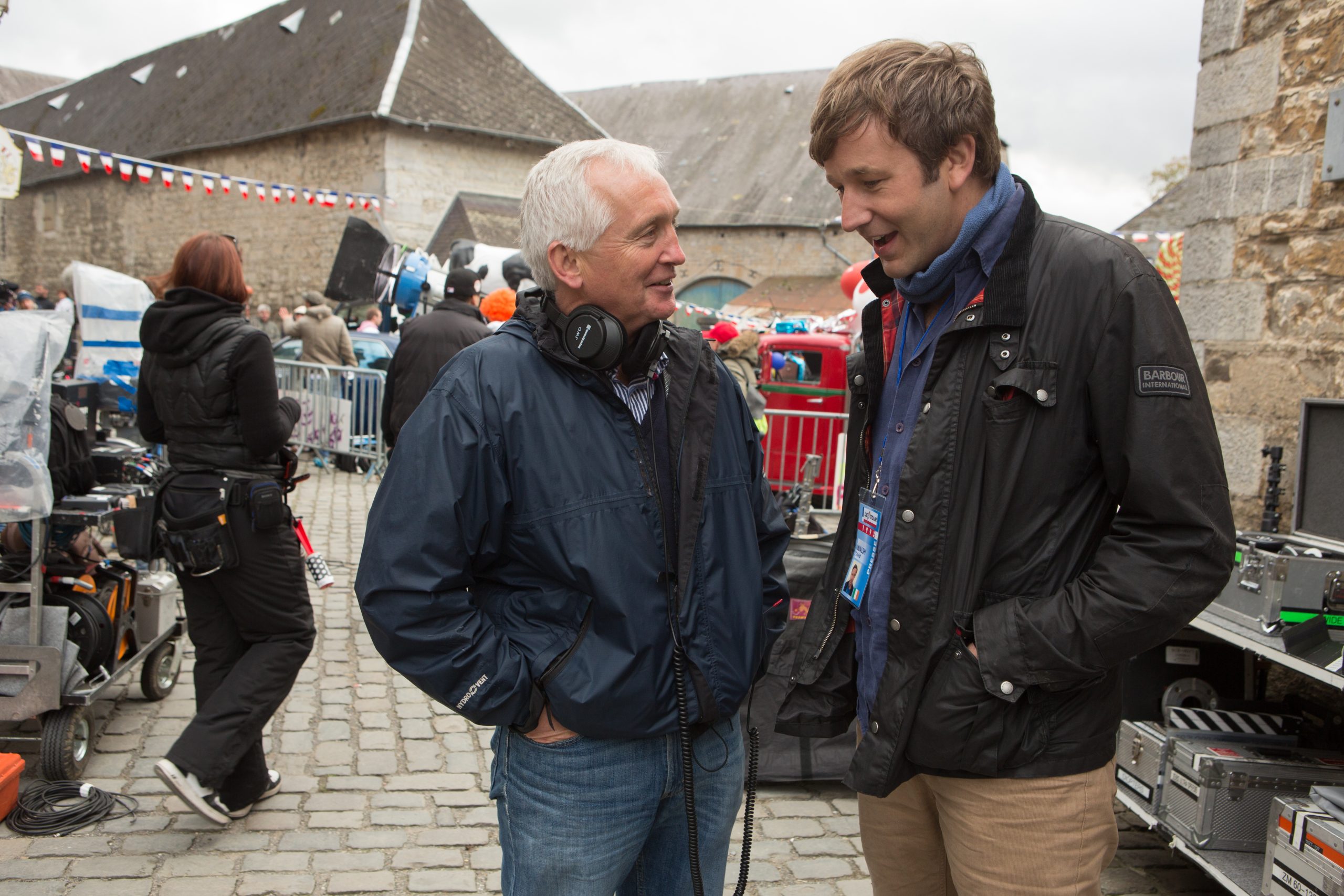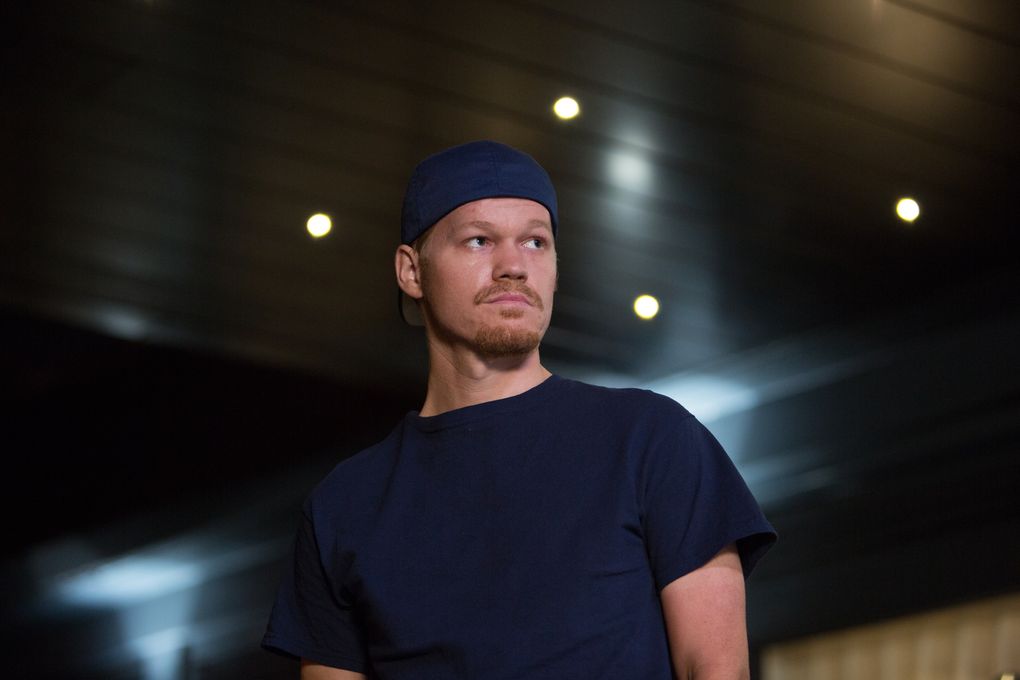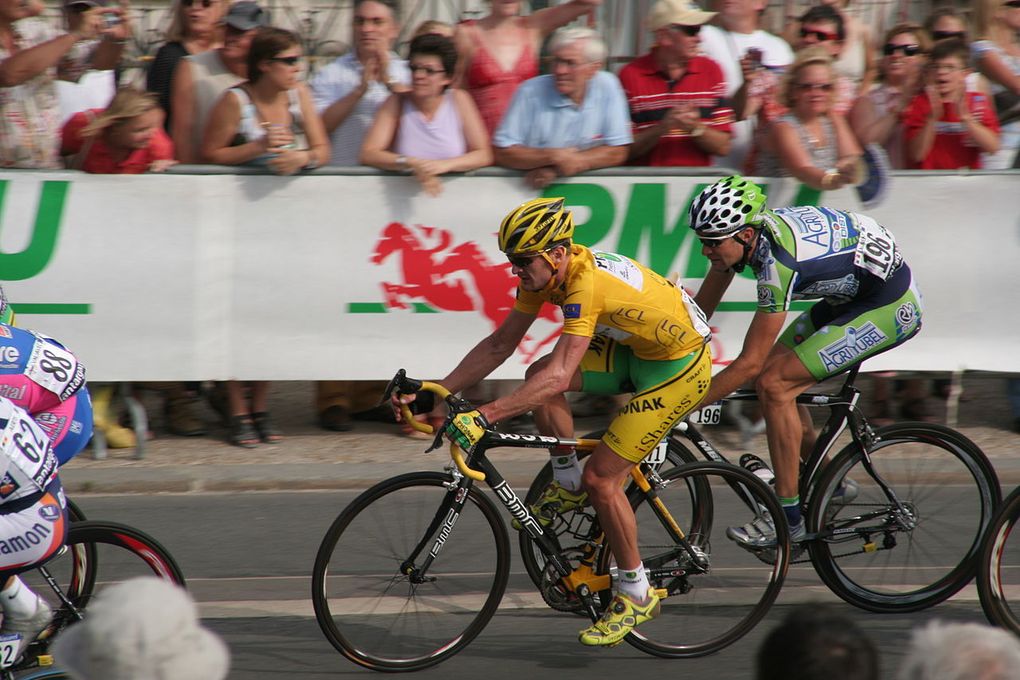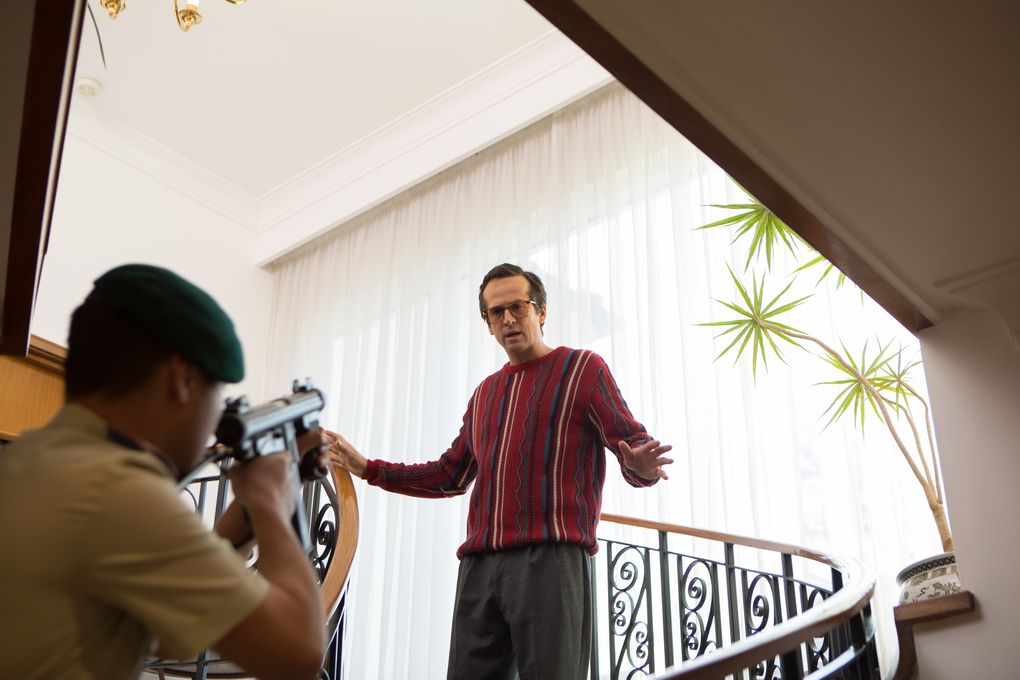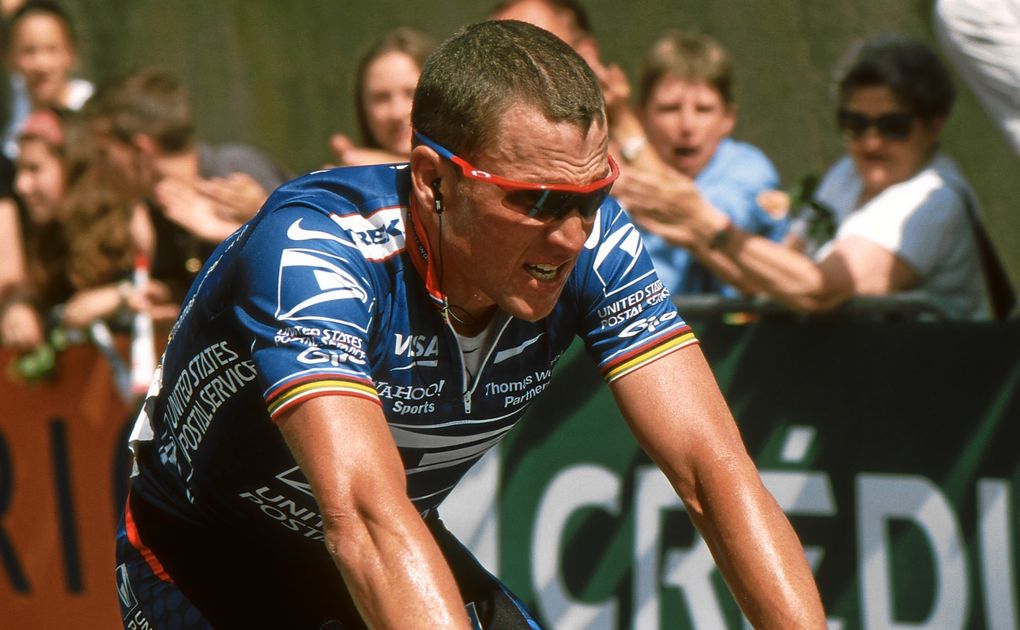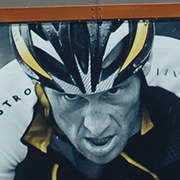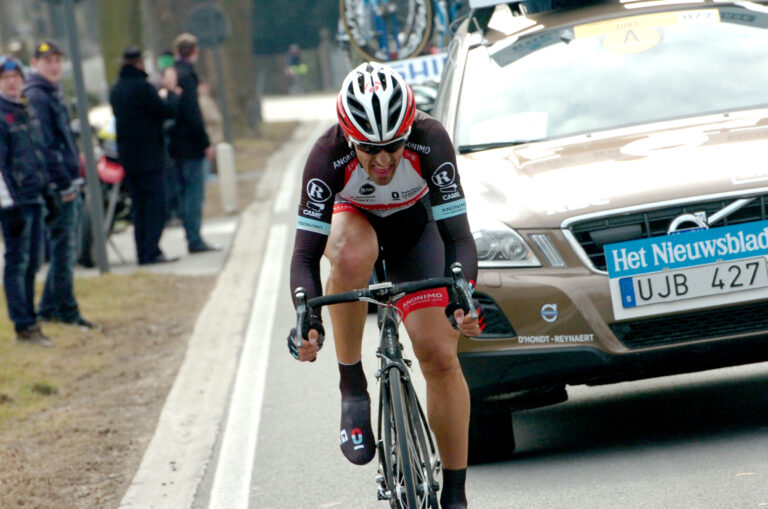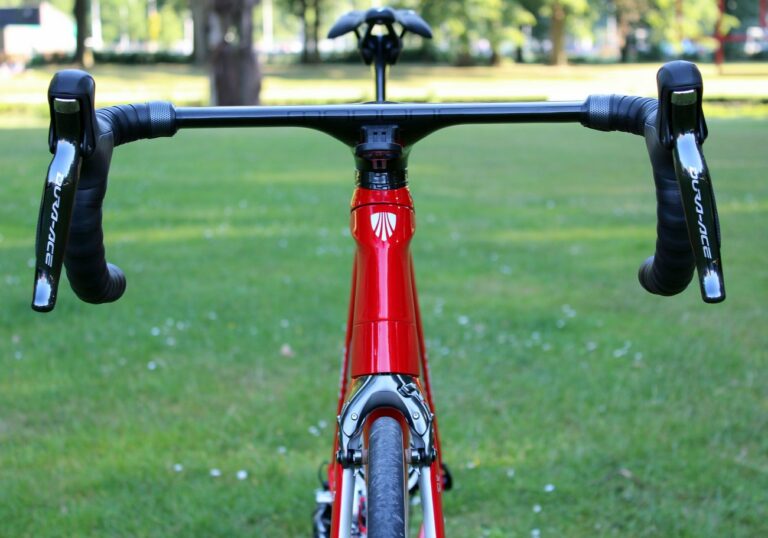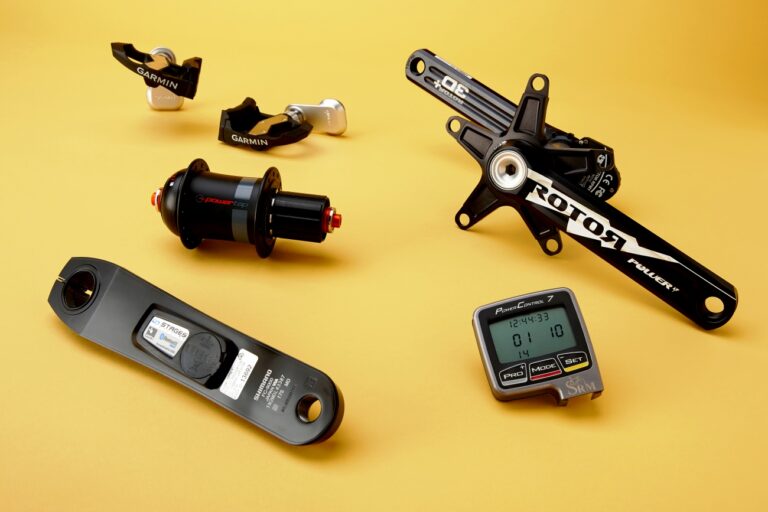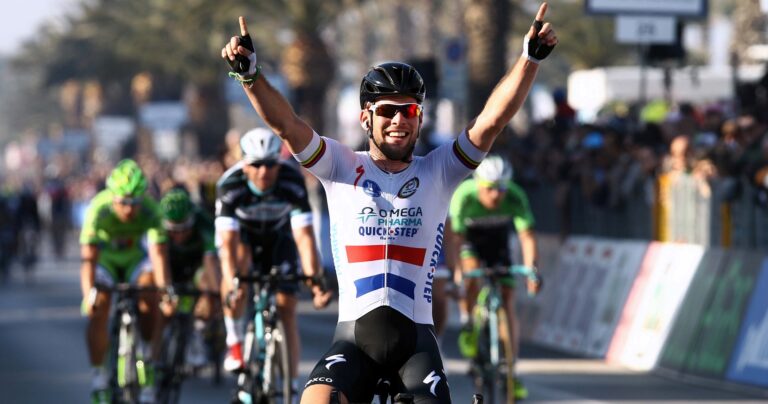“At the premiere Chris O’Dowd was on stage and somebody asked him about the collaboration he and I had when he was preparing for the part” recalls David Walsh, talking about the premiere of The Program, the film based on his pursuit of Lance Armstrong. “And Chris said ‘well, I had a very long conversation with David… Of course, that’s the only kind of conversation you can have with David on the subject’” he chuckles. “I think that’s fair enough, it’s a valid criticism. I do tend to go on.”
And it’s hardly surprising that Walsh is happy to talk at length on the subject, as the last few years have been a strange transition for him. Back in the early 2000s the Sunday Times journalist was telling anyone who’d listen – and plenty who wouldn’t – about Lance Armstrong and doping. Fast forward to now and it’s totally different. Everyone wants to talk to him about it, and the subject that was once taboo is now big business displayed best by the fact that there’s now a whole movie telling the story.
And that movie, of course, is the reason for our conversation. If Armstrong’s 2013 interview with Oprah Winfrey brought the Texan’s transgressions to a wider-than-cycling audience, The Program could well take it to new heights, with immortalisation in film solidifying it as one of those stranger-than-fiction sports stories. Walsh, to his credit, remains pretty phlegmatic about his role in the story and is quick to praise others who could easily have taken the spotlight had circumstances been different. “It is flattering,” he admits, “because a lot of journalists did terrific work in relation to Lance Armstrong, and I’m the guy that’s lucky enough to have this made about him. Could somebody have made a film about Damian Ressiot’s brilliant investigation into Lance in 2005? Yes. About Pierre Ballister? Yes, they could. So, you know, I feel a bit fortunate.”
